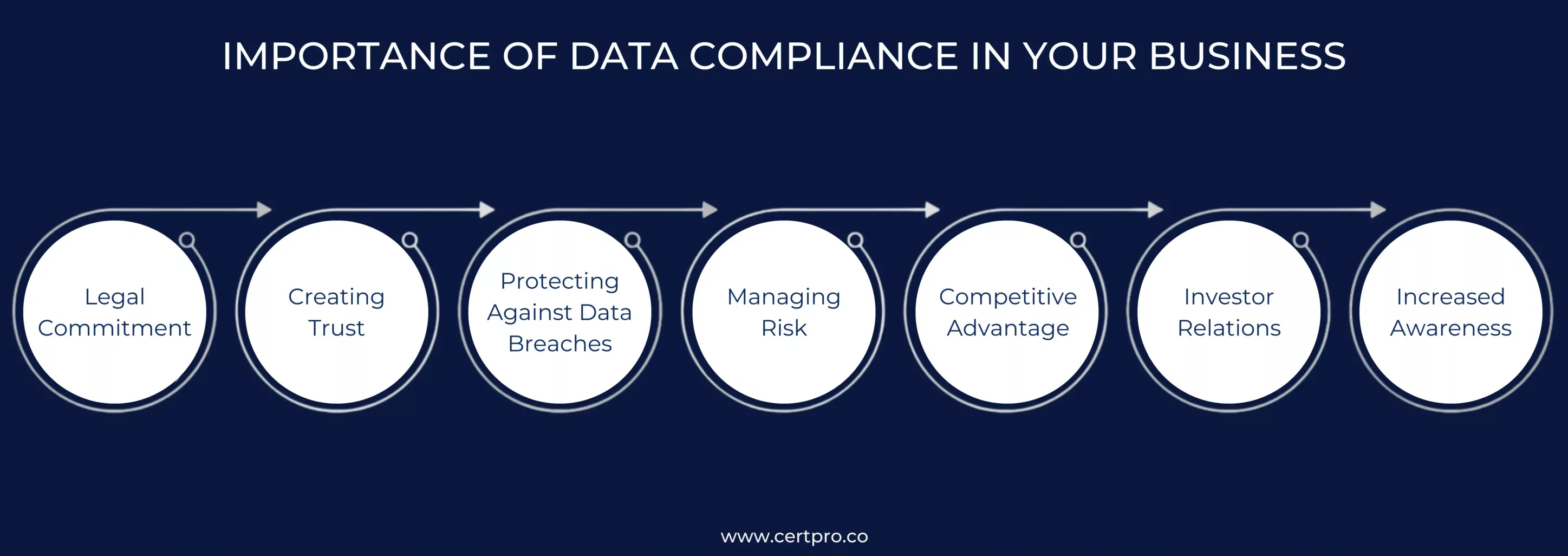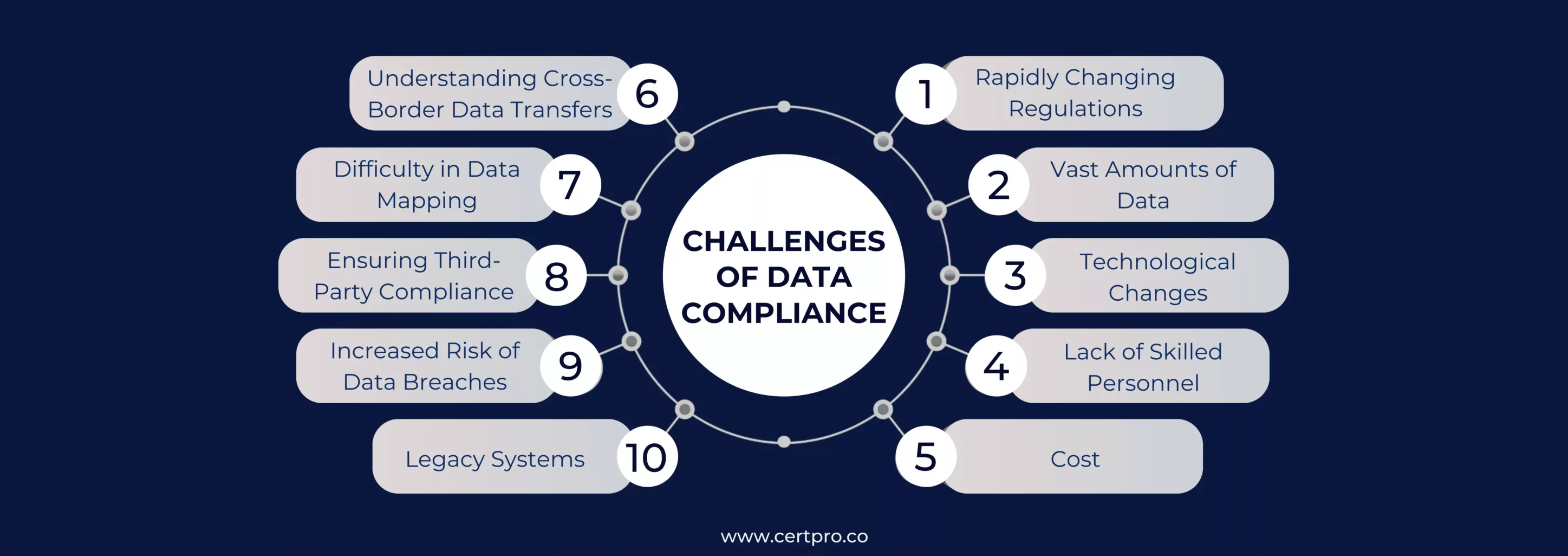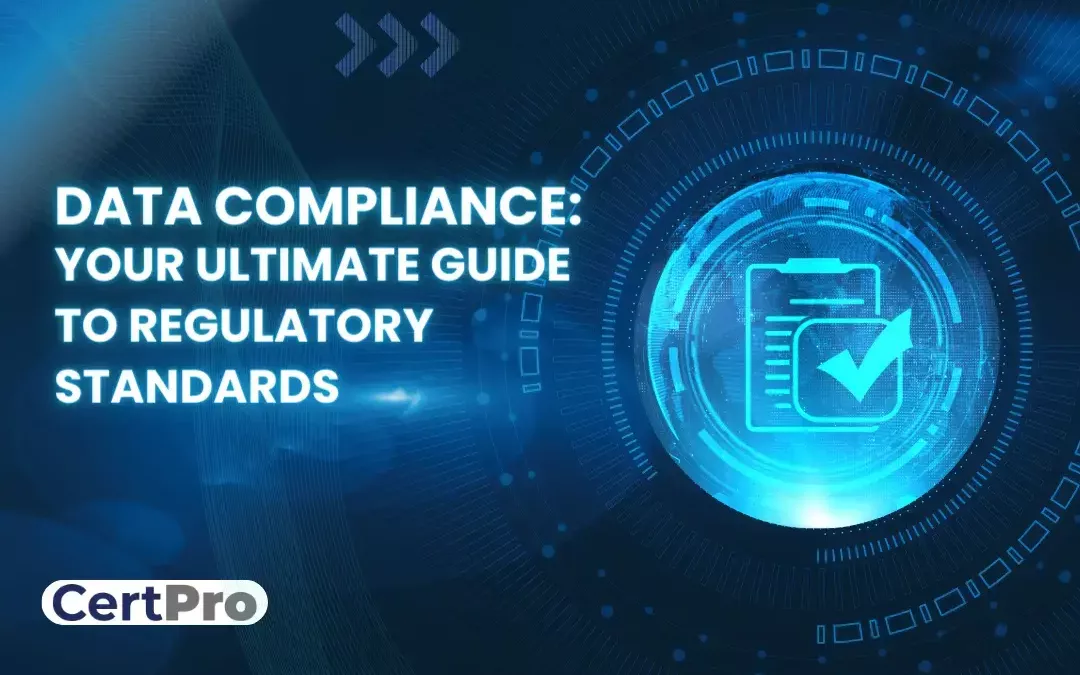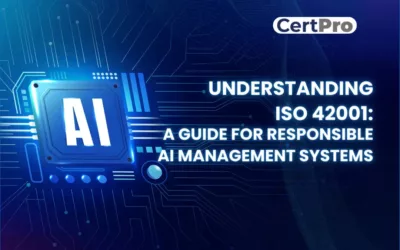Data compliance involves finding the relevant guidelines related to data protection and storage. Therefore, it creates policies and procedures to secure the data from unauthorized access and prevent the risk of cyber threats. Furthermore, it assures a high-standard data protection framework for your organization. Now, you can ask why it is essential for your company. The reason is the increasing incidents of data breaches in recent years. The data suggested that GDPR data violations increased from 2020. The fines ranged around €1.1 billion by January 2022. In addition, the cost of data breaches ascended remarkably in 2022. Therefore, 69% of the countries’ mandatory data protection for businesses and around 70% of the organizations say that data compliance improves their business. Hence, it can be assumed that data compliance standards are paramount in your organization.
This article will discuss the importance and benefits of data compliance. Likewise, share some tips for complying with data security in your organization.
IMPORTANCE OF DATA COMPLIANCE IN YOUR BUSINESS
Data compliance signifies that regulations and standards are implemented to protect your organization’s data. It also represents the integrity, confidentiality, and availability of data. Some benefits of data compliance are listed below:
- Legal Commitment: Businesses must comply with rules and regulations related to privacy and protection. It avoids the risk of penalties and legal hazards.
- Creating Trust: Businesses develop data security compliance to improve their credibility in the competitive market. This builds trust and assurance with customers and partners. Therefore, violating data compliance standards damages the organization’s reputation. It can negatively influence business growth. Data compliance improves your organization’s image. Consequently, it attracts more customers and business opportunities.
- Protecting Against Data Breaches: Data compliance signifies robust security controls in your organization. It reduces the risk of cyberattacks and data breaches. In addition, it helps maintain functional continuity and diminishes the risk of data breaches.
- Managing Risk: The data compliance standards recognize data-related risks and manage them accordingly. Thus, the process helps in strategic decision-making and improves your company’s operational efficacy.
- Competitive Advantage: The execution of data security compliance ensures a competitive edge and prioritizes the organization’s data privacy. Implementation of compliance helps in collaboration with high-value clients. It assures that their sensitive data will be protected from your end.
- Investor Relations: Compliance reports help open new business opportunities and enhance business growth.
- Increased Awareness: An organization can implement a compliance program to formalize employee behavior and awareness, reducing the risk of unauthorized data exposure.

TIPS FOR COMPLYING WITH DATA SECURITY REGULATIONS
Here are some tips for complying with data security requirements in your organization. It might help you understand the process and implement the correct measures.
- Understanding Industry-Related Laws and Regulations: At the initial stage, select appropriate data compliance standards for your organization. These standards depend on the industry and the organization’s functionality.
- Create and Maintain a Data Inventory: Before implementing any regulations, you must know the details of the data. These may include the kind of data your company handles, where the data is stored, and who can access it. Therefore, you can make an effective plan for protecting the data. However, you must recognize the potential risks and vulnerabilities of the data storage and handling process.
- Establish Internal Policies and Procedures: Now, the organization can create internal data handling policies and procedures compatible with the regulations. In addition, internal policies must be incorporated to improve the data handling and managing process.
- Implement Data Compliance Measures: Data compliance may include using encryption. Furthermore, it implements vulnerability assessments and penetration tests. The main aim is to secure important data and dispose of unnecessary data. In addition, the implementation of antivirus and firewalls strengthens data protection.
- Observe Access Control: It is essential to control the data access point using passwords and a multifactorial authentication process. Therefore, the organization must review the process and periodically update access privileges.
- Employee Training: Maintaining compliance requires staff training procedures. These help update their awareness and knowledge about the regulations. Furthermore, they clarify their specific roles and responsibilities in the framework.
- Periodic Audits and Updates: Compliance requires a continuous monitoring process that identifies the modifications needed and updates them as required.
- Create an Incident Response Plan: Implementation of compliance prevents the risk of branches, but breaches can happen at any time. Therefore, an incidental response plan is necessary for an organization. It is a coping mechanism in an emergency that notifies the employees regarding their steps. An incidental response plan reduces the impact of cyber attacks.
- Vendor Management: The third-party vendors handling your organization’s data must comply with the same laws and regulations.
- Appoint Legal Counsel: Appoint legal experts who understand the policies and procedures related to compliance. Personalized guidance can improve your organization’s data compliance status.
CHALLENGES OF DATA COMPLIANCE
Data compliance has many advantages; however, the implementation of data compliance poses several challenges. Some of them are discussed below:
- Rapidly Changing Regulations: The common challenge is knowing the laws and regulations across different jurisdictions. The prime concern of the measures is to secure the customer and protect their data. Thus, the implementation of new updates is required to continue the compliance.
- Vast Amounts of Data: Managing a massive amount of data requires compact policies and measures to avoid the risk of violation. Therefore, the organization needs help with the processing and storage process.
- Technological Changes: Technological advancements like cloud computing, AI-based systems, and IoT create new data security and privacy concerns for organizations, making the compliance process more complicated.
- Lack of Skilled Personnel: Data compliance requires professionals who understand the technology and the legal aspects. Effective measures can help your organization to comply with regulations.
- Cost: Compliance can be expensive for startups. It requires technological upgrades, training processes, and hiring consultants. Thus, continuous monitoring improvements and financial support are needed.
- Understanding Cross-Border Data Transfers: Organizations operating businesses in multiple countries must comprehend the laws and regulations. Sometimes, it becomes a challenge to implement all the rules within the organization.
- Difficulty in Data Mapping: Knowing about the company’s data and storage process is essential. Furthermore, the multiple data storage processes need help understanding and classifying the data.
- Ensuring Third-Party Compliance: Third-party compliance is crucial for maintaining compliance, but sometimes it becomes daunting. Their unwillingness or lack of awareness makes your data vulnerable.
- Increased Risk of Data Breaches: Emerging new technologies in cyber crimes make the process more difficult. Therefore, new challenges make the process complicated and elaborate.
- Legacy Systems: It is difficult to update the older system into a modern one. Sometimes, more than just upgrades are needed to protect the data.

BENEFITS OF DATA COMPLIANCE IN YOUR BUSINESS
Data compliance helps in business growth and development. Despite that, it has multiple benefits that are listed below:
- Avoiding Penalties: Implementation of data compliance avoids the risk of penalties. In addition, a continuous monitoring process ensures adherence to rules and regulations.
- Improving Reputation: Data compliance indicates your organization’s dedication to data protection. Thus, it helps improve the company’s reputation among the customers and stakeholders.
- Competitive Advantage: An information security framework ensures that the organization follows a robust security framework. Therefore, it prioritizes its business needs over others, helping in business growth and development.
- Improving Data Management: Implementing data compliance improves data practice and ensures data protection and security.
- Creating Trust: Data security encourages the clients to collaborate with your company. It shows a dedication to customer privacy.
- Ensuring Data Security: A robust data security posture prevents data breaches and cyber-attacks, reducing the risk of breaches and penalties.
- Enhancing Decision-Making: Data compliance ensures that the organization makes decisions based on documentation. Therefore, it helps in reliable data analysis and forecast.
- Streamlining Business Operations: Execution of data compliance streamlines the operation process and creates precise data management protocols.
- Helps in Business Growth: Data compliance helps the organization grow in different regions and opens up business opportunities.
LEARN HOW CERTPRO’S CAN BOLSTER YOUR DATA COMPLIANCE
Data compliance is a solution ensuring that sensitive or critical information is secured. Additionally, data compliance standards often use strategies to protect your organization’s data. The implementation and monitoring process of data compliance can be complicated for your business. Therefore, you can get guidance and help from CertPro. We have skilled and knowledgeable professionals in this field who can help you implement appropriate data compliance in your organization. CertPro considers the requirements of its customers and tailors a practical and budget-friendly framework for best works. For more details, visit our site, CertPro.co, and connect with our representative for more insights. We will be happy to help you and your organization.
FAQ
What are examples of Data compliance?
Most common data compliance include GDPR, PCI DSS, HIPAA, and SOX.
What is the Difference Between Data Compliance and Data Privacy?
Data compliance is the legal aspect of data management that makes the data private. In this regard, the framework applies to strengthen data privacy. On the other hand, data privacy is a program that prevents unauthorized access to data and reduces the risk of data breaches.
Do small Businesses require data compliance?
Yes, small businesses require data compliance to improve their scalability and growth. In addition, the risk of cyber attacks interferes with the functional continuity of the organization. Therefore, small businesses need to comply with security posture.
What is data compliance in cloud computing?
Data compliance in cloud computing ensures that the data stored and managed in the cloud is protected and secured. It also ensures unauthorized data access and data manipulation.
What is a data compliance audit?
It is an essential step for ensuring the privacy and security of the client data. It analyzes your organization’s data protection practice and identifies potential threats and vulnerabilities.

About the Author
SHREYAS SHASTHA DRUPADHA
Shreyas Shastha Drupadha, a Senior Business Consultant. Serving as an ISO 27001 Lead Auditor, Shreyas ensures the establishment of robust information security management systems. His expertise also encompasses GDPR, HIPAA, CCPA, and PIPEDA implementation.
HOW DOES THE NIST CYBERSECURITY FRAMEWORK FUNCTION, AND WHY IS IT IMPORTANT?
Emerging cyber threats make cybersecurity an essential consideration for organizations handling and managing data. In this regard, the NIST cybersecurity framework applies to improving your cybersecurity program. It is a set of guidelines that helps improve your...
UNDERSTANDING ISO 42001: A GUIDE FOR RESPONSIBLE AI MANAGEMENT SYSTEMS
The invention of artificial intelligence (AI) has changed the operational processes of many industries. However, the rapid growth of technology increases ethical, security, and privacy-related concerns. Therefore, the International Organization for Standardization...
EUROPEAN UNION’S ARTIFICIAL INTELLIGENCE ACT: HOW THIS GROUNDBREAKING LAW AFFECTS YOUR BUSINESS
Nowadays, Artificial Intelligence (AI) is transforming our lives exceptionally well. AI is now streamlining healthcare services, providing virtual assistance, and fulfilling queries. Technologies have boons and curses. Similarly, AI creates many concerns about...




